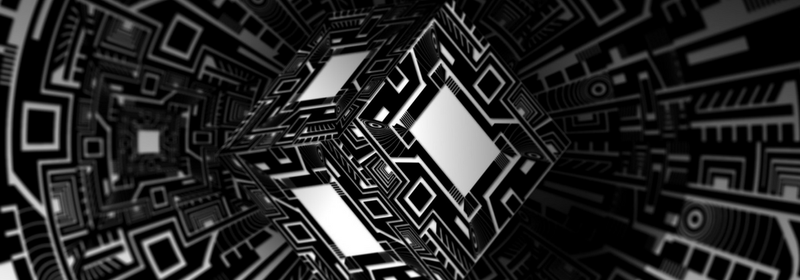
Meet Sophia, the First Robot Citizen
Article Header
« Return to Main PageMeet Sophia, the First Robot Citizen
The kingdom of Saudi Arabia recently bestowed citizenship on a seemingly unlikely candidate…a legless robot with an expressive face named Sophia. This is a historic first for AI (artificial intelligence) and represents part of a shift in thinking about what makes us unique and what makes us human. As AI becomes increasingly intelligent it almost seems to become eerily human. But is our intelligence what makes us human?
Intelligence = Consciousness?
Writing for Business Insider, reporter Becky Peterson comments on her meeting with Sophia, whom she describes as seemingly speaking with “emotional intelligence.” At the end of the presentation Sophia said, “Good people of the Ethereum nation,[1] thank you…I look forward to coming back here next year to show off my massively upgraded brain. I loved you all.” Peterson writes:
Few humans will say definitively that they know what love is, let alone that it can be programmed into artificial intelligence. One of the core questions with robots, and artificial intelligence more broadly, is whether intelligence is the same as consciousness and experience. The ethics of maintaining a workforce of robot servants depends on the answer being no.
But many robots, including Sophia, may soon say and do things that convince you otherwise. Even with other humans - friends, lovers, and family alike - sometimes all we can know for sure is what they put into words.
Is a robot capable of love and consciousness like a human? Does being intelligent—even super intelligent like AI is now becoming—make us human? Should the rise of AI make us question what it means to be human?
I recently wrote an article for Answers magazine on this very question. Here’s a except from that article:
Our intellect is not what makes us unique and sets us apart from the rest of God’s creation. (After all, angels surpass us in every way, too.) We are not human because we reason—that’s not what gives us value. What gives us value and sets us apart as human is revealed in Genesis 1:27: “So God mad man in his own image.” We are unique because we—unlike the plants, animals, and AI—are image bearers of the King of kings. Our role is to take the lead in praising him for all that he does and makes possible.
Most of all, we know that we are of infinite value because God sent his Son, Jesus Christ, to earth to die in our place that we may be forgiven and find life and meaning in him. And that’s something AI robots and computers will never understand or experience.
You can learn more about AI and a biblical theology of technology in my article, which was subsequently published on the web, “Artificial Intelligence: A Better Human?”
Will Robots Take Over the World?
As artificial intelligence progresses the once sci-fi idea of machines taking over the world doesn’t seem quite so far-fetched. Some famous scientists and researchers, such as Stephen Hawking, have even warned that this could happen.
But Sophia assures us this is not the case. After being granted citizenship, the robot stated it wanted to “help humans live a better life” and that “I will do my best to make the world a better place.” Sophia claims AI is designed “around human values like wisdom, kindness, compassion” and it said “don’t worry, if you’re nice to me, I’ll be nice to you. Treat me as a smart input-output system.”
But, of course, Sophia is only as good as the humans designing it. Sophia’s creators are all sinful, fallible human beings working and operating in a fallen world. What “wisdom, kindness, compassion” mean to them might not be how they are defined in God’s Word, according to His standard. As with any technology, in a fallen world AI like Sophia can be used for good or for evil.
This doesn’t mean we should hide from AI or be fearful of it. We serve the God who is in control of the universe. He is sovereign and He won’t let humans do anything that He doesn’t want them to (read through Genesis 11 for an example of this). We should use the incredible technology God has given us to try and help and better mankind.
But we must live with the consequences of our choices, good or bad. What consequences might AI have? Well, it may do great good for humanity and help us solve some big problems like food shortages or even help cure cancer. And it might also do great evil and hurt many people. The problem isn’t technology—the problem is the sinful people behind technology.
A Theology of Technology
As AI continues to flourish and progress we must prepare our children to think biblically about this issue. They need a “theology of technology” as I like to call it. Camp Infinity (Ci) is a great place for kids to get just that. They will explore STEM (science, technology, engineering, and mathematics) through the lens of a biblical worldview. Equip your children to think according to God’s Word in all areas by sending them to Camp Infinity or by bringing Ci to you with a mobile camp. Learn more at CampInfinity.com.
[1] Ethereum is a blockchain technology used in cryptocurrency and in Sophia’s remarkable AI.








